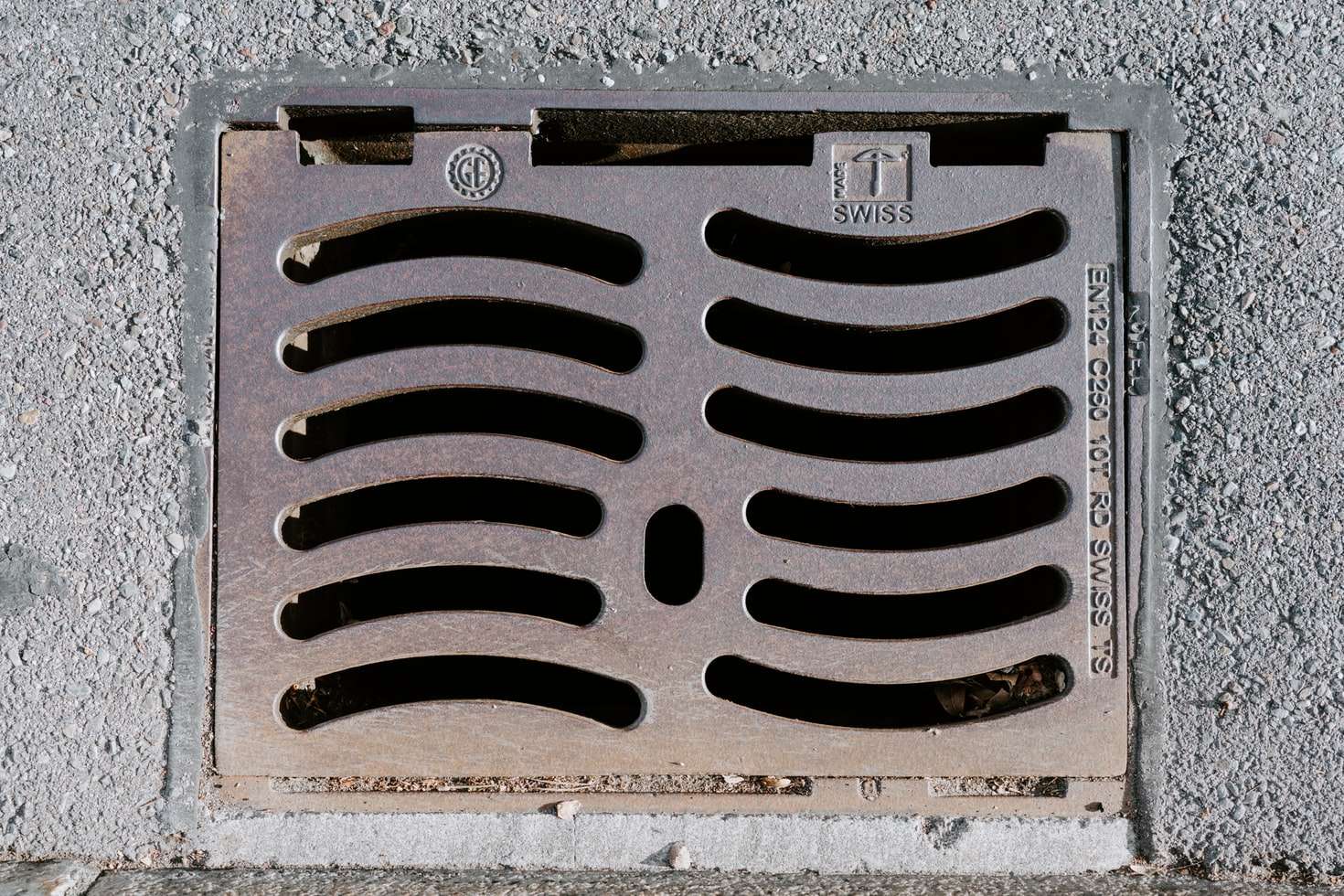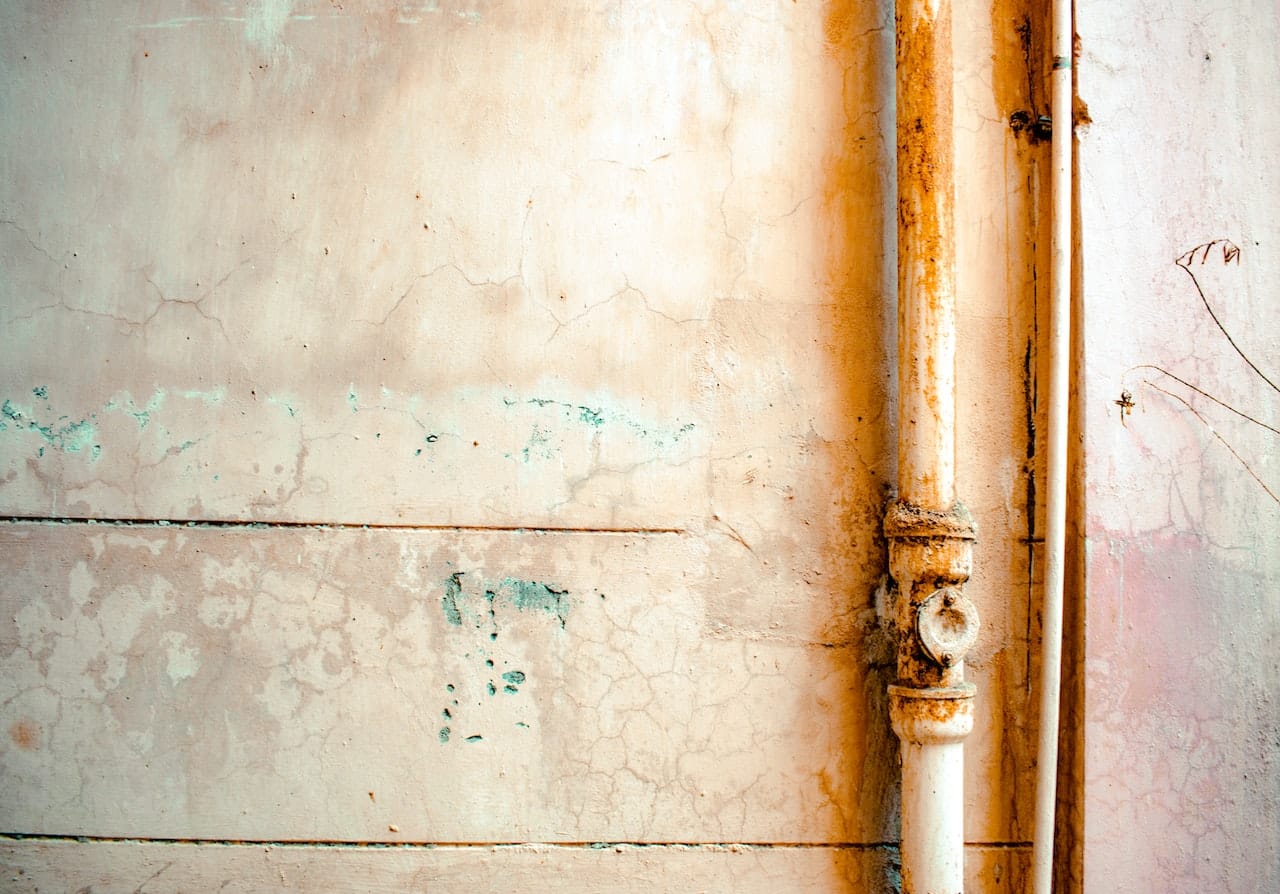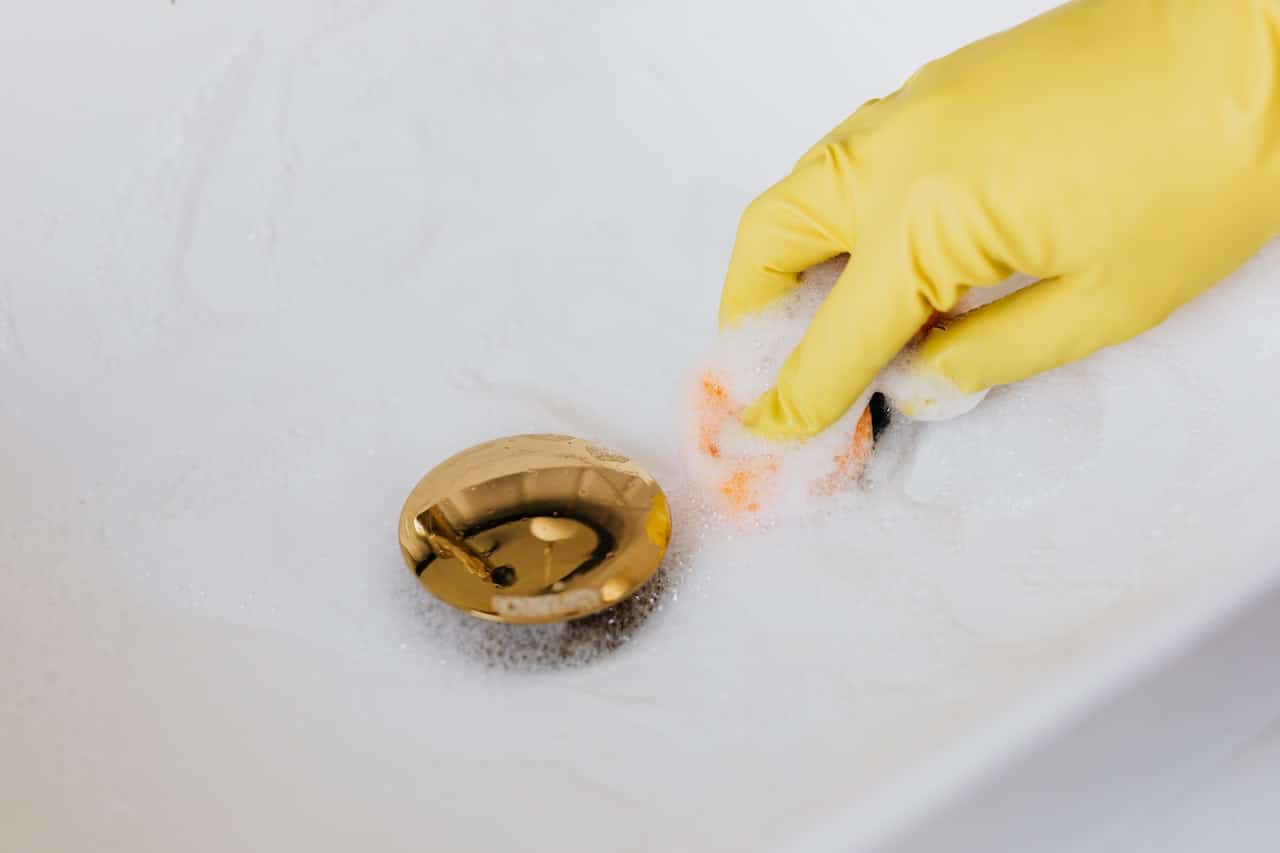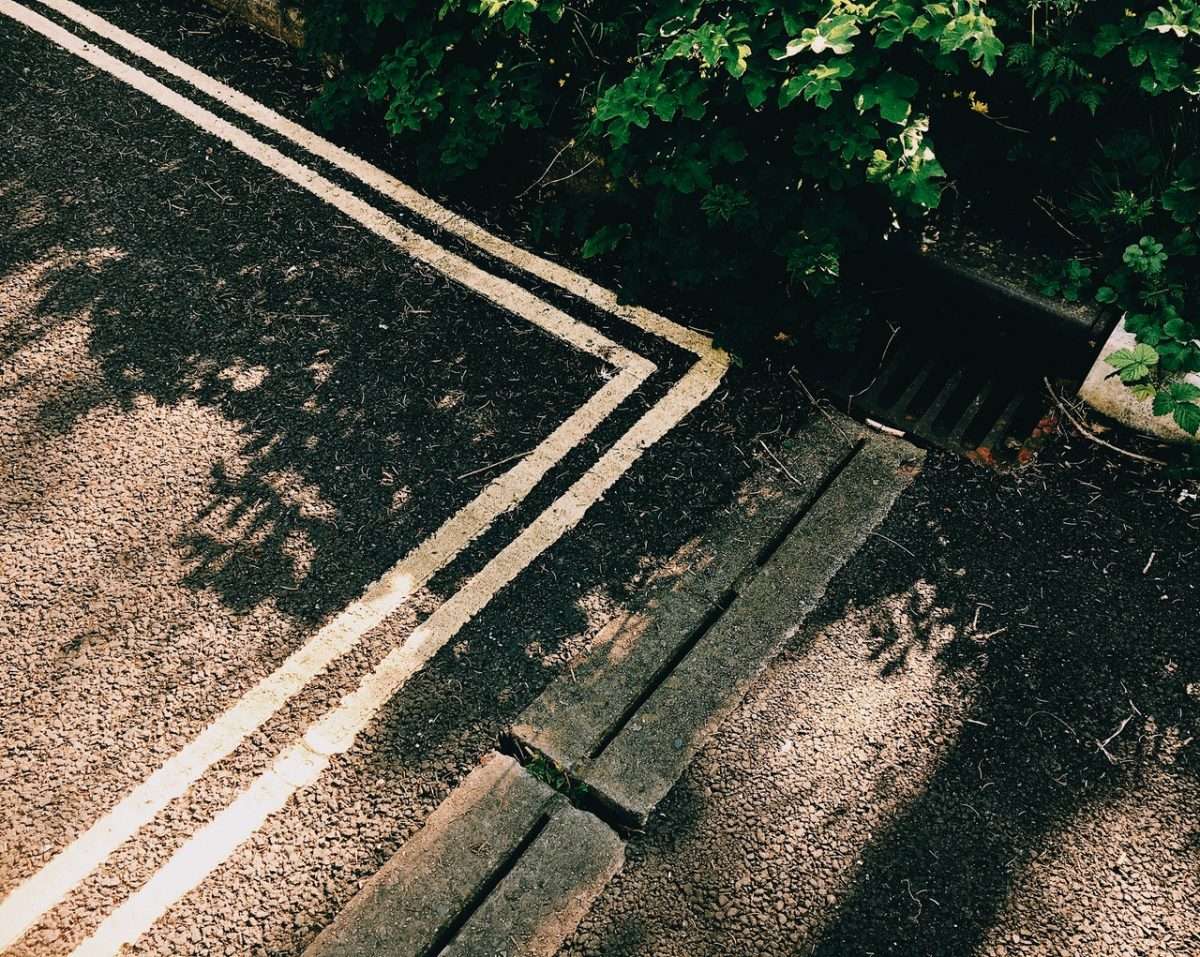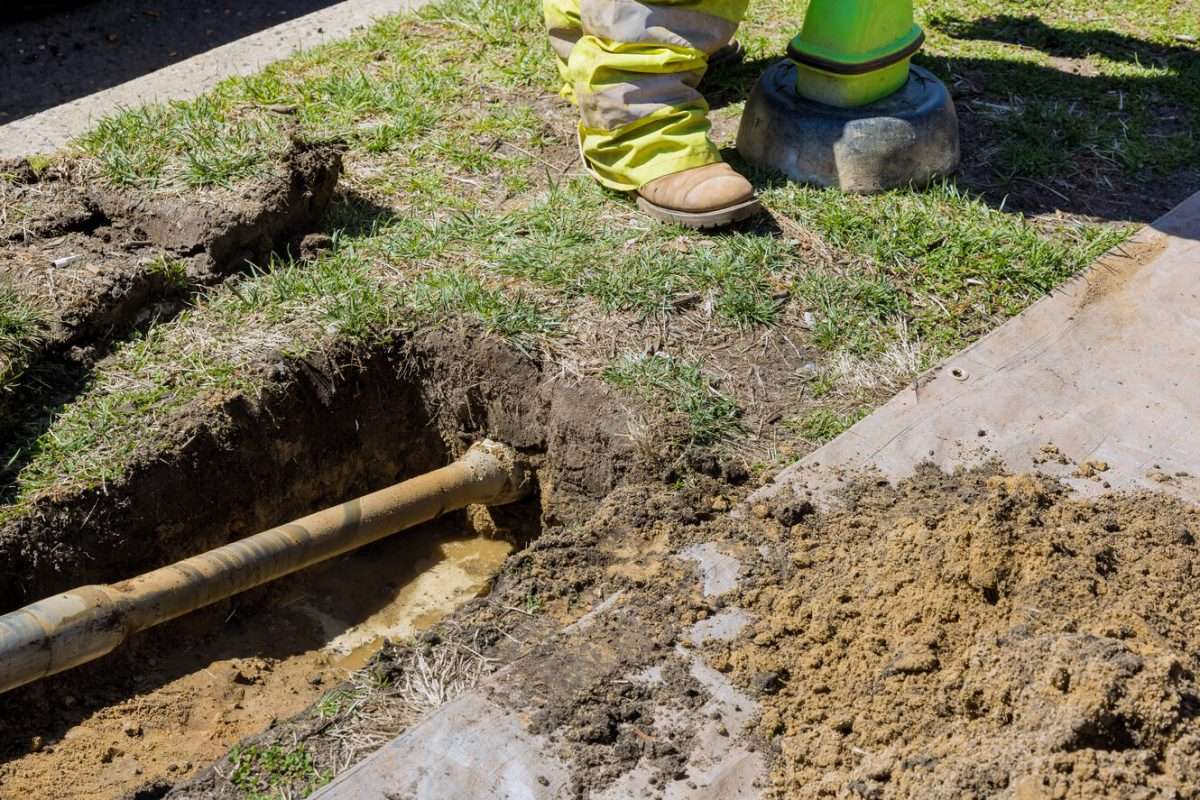Plumbers are responsible for cleaning and maintaining a home’s whole plumbing system. This task can be a terrifying undertaking to most people and property owners. However, you can always look into your drains and check them yourself. With these tips, you can easily detect when it’s high time to give your drains thorough cleaning.
Drainage Cleaning
Drainage lines link to your home’s sewer system. Your home’s drains are all connected to the municipal sewer system. These lateral connections link to sewer mains or main lines.
You’ll be able to tell if your sewer needs to be cleaned. Strange noises, odors, and poor drainage all indicate a sewer system problem. Not every circumstance needs the services of a plumber, and many difficulties can be solved without one.
Tip 1: Clean the Lines
Buying an enzyme cleaner is one way to accomplish this. There are various enzyme cleaners on the market. Some are intended to clear drain lines, while others are used to eliminate pet stains. High-quality cleansers are available at the majority of hardware and plumbing supply stores.
Use a large drain as advised by the manufacturer. A basement drain is preferable, but any large drain will suffice. Because enzyme cleansers are biological in nature, they take time to function. Allow the cleaner to complete its work.
Tip 2: Use Vinegar and Baking Soda
Baking soda and vinegar are a well-known degreasing duo. When these two chemicals react chemically, they produce a frothy, bubbly reaction. Soda bubbles help remove oil-based obstructions.
As the grease cools, it gets sticky. Other particles will become entangled in your lines’ oil. Even if you don’t flush a lot of grease, it might build up in your sewer lines. This cleaning method is quick and easy to apply at any time of day or night.
Tip 3: Flush the Lines
If your lines are not clogged, you can clean them by flushing them with water. Add a few drops of drain cleaner to the water as you go. A big amount of water and cleanser can be flushed at the same time in a toilet.
If you have a blockage, avoid this. Increased water pressure in the line means more backup. If the water level is too high, it may not be practicable. Check for obstructions when cleaning your sewer pipes. If that is the case, they must be prioritized.
Tip 4: Perform Preventive Maintenance
Cleaning sewer pipes does not have to be a disaster. Once a month, add baking soda to your lines. This will help to clean the pipe walls and avoid future problems. Cleansers with citrus extracts work nicely in this condition.
Tip 5: Utilize Drain Cleaning Products
Using abrasive chemical cleaners on a regular basis may cause pipe damage. You can, however, flush drain cleaners down your lines twice a year. To dissolve any trash or waste, the chemical must remain in the pipes for an extended period of time. To minimize clogs, reduce the quantity of the trash that builds in your line.
Conclusion
Cleaning drain lines helps keep pipes in good condition and prevents obstructions. Even the most concerted efforts will not be able to cure all sewer line problems. And, of course, nobody wants to deal with sewage backups. The stench is persistent, and the wastewater adheres to almost everything. So, don’t wait until issues arise. Save time and money by contacting professional services immediately!
Candu Plumbing & Rooter is San Fernando Valley’s leading team when it comes to drain cleaning and plumbing repair. We are always here and available to help you whenever you solve your plumbing issues. Book today!

